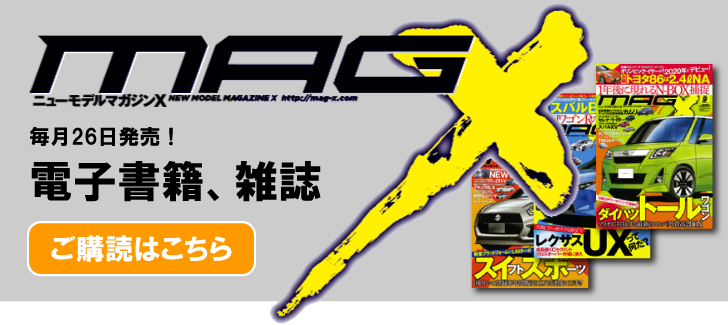JFTC Issues Warning to Toyota Mobility Tokyo!
Instructions of the head office for “tie-in sales” were not confirmed.
On April 10, the Fair Trade Commission issued a warning to Toyota Mobility Tokyo (Minato-ku, Tokyo; President: Yasuhiko Sato; hereinafter “TMT”), one of the largest new car dealers in Japan and directly owned by Toyota Motor Corporation, on suspicion of “tying sales. The JFTC concluded that the company may have violated Article 19 of the Antimonopoly Act.
By issuing the warning to TMT, the JFTC is urging new car dealers nationwide to take action against Toyota dealers that have been reported by this publication to be forcing customers to purchase expensive optional accessories, installments, and insurance tied to the purchase of popular selling cars such as the Alphard/Vellfire, Land Cruiser, and Harrier HV. The magazine’s report on TMT’s efforts to force dealers to purchase optional products, installment sales, and insurance tied to the price of the car, was a warning to all new car dealers nationwide. The dealers responded that “tying sales” were “a request, not coercion.
TMT’s “tie-in sales
Told to stop.
Yesterday, the reporter asked a JFTC official about the background behind the issuance of the warning.
- The warning was issued based on the facts stated in the announcement.
- The request was issued to (parent company) Toyota Motor Corporation and the Japan Automobile Dealers Association (an industry group of new car dealers) because, among other things, “there are facts that are equivalent to a warning. This could have happened even if the car is not a popular model. We will make this widely known to the public” (JFTC official).
- Although the JFTC states that the warning was issued “between June 2023 and November 2024 at the latest,” there is a possibility that it was issued even before the Corona disaster.
- If a warning is not heeded, a cease and desist order is issued.
- Around November 2024, an order was issued to “refrain from tying up business with other companies. The number of cases is not just one or two,” said Mr. Kato. It was being conducted throughout the entire Tokyo metropolitan area. The TMT head office has not confirmed the order.
https://www.jftc.go.jp/houdou/pressrelease/2025/apr/250410dai2.html
The reporter pointed out that the “tying-up business” is even worse at major used car dealers, not to mention the former Big Motor. I informed them that the practice of “reserving ownership” without transferring “ownership” is common in the new car sales industry, even after the sale has been concluded and the payment has been made. It is suspected that this practice violates the provisions of the Commercial Code when “ownership is not transferred” even after a contract has been concluded and cash payment has been made.
We also pointed out that, due to ignorance on the part of the purchaser, the sales company may include this information in a separate contract.
In the future, purchasers should firmly insist to the store that they do not need any goods or services that they do not consider necessary.
As for the “transfer of ownership,” regardless of the dealer’s motive for preventing resale, it is important to clearly state that “we cannot accept the reservation of ownership” when concluding a purchase contract, unless an installment payment or lease is arranged.
Left photo: TMT; right photo: JFTC.
Interview, text, and photos by Mitsugu Shinryo (Editor-in-Chief of this magazine)


















